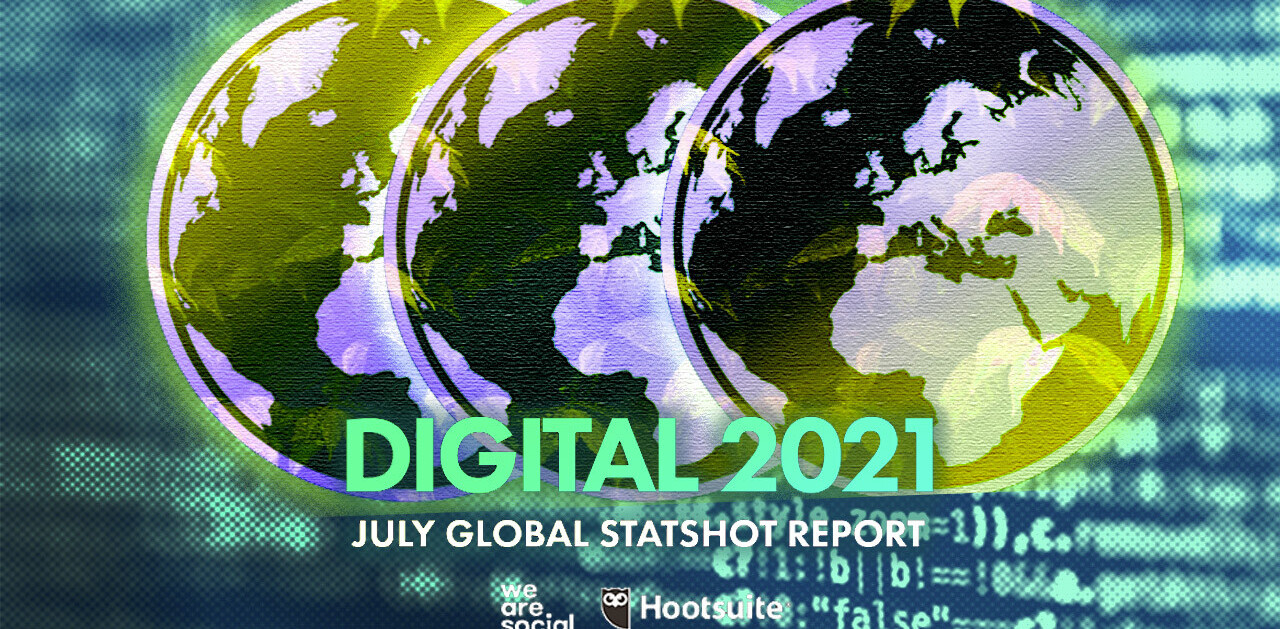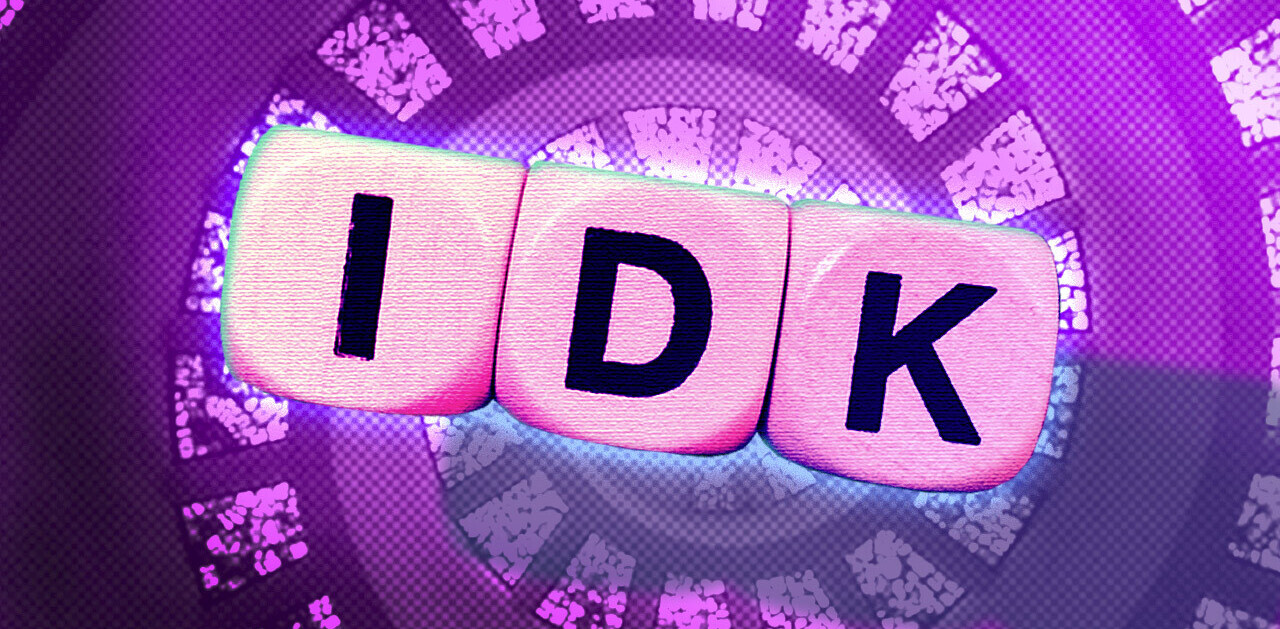![[Best of 2019] I miss blind, dumb enthusiasm for new tech](https://img-cdn.tnwcdn.com/image?fit=1280%2C720&url=https%3A%2F%2Fcdn0.tnwcdn.com%2Fwp-content%2Fblogs.dir%2F1%2Ffiles%2F2019%2F05%2F08.png&signature=aa23825e46d54fe2f8fa49a3304cc2d9)
Today marks 10 years since Google stoked great excitement in the tech community by unveiling a new product called Wave. I remember it clearly, because that day I sat down on my sofa 5,000 miles away from Google’s developer conference and wrote my first ever post as a paid tech journalist, trying to make sense of what exactly Wave was.
To this day, it’s difficult to explain Wave. Essentially, it let you collaborate with others in real-time — a first for the web of a decade ago. But when users got their hands on it, they were left confused about what they were supposed to do with an impressive tech demo that failed to clearly spell out real-world use cases.
Ten years on, Wave is dead but its legacy lives on every time you collaborate in real-time with someone else on a Google Doc. What sadly hasn’t lived on is the blind, dumb enthusiasm we had back then.
We just don’t get as excited about tech as we used to
In 2009, Google had no shame in showing off something groundbreaking that didn’t quite make sense as a product yet, and we as observers in the tech community lapped it all up with enthusiasm. Nowadays, we’ve all grown up. Google’s most recent mind-blowing tech demo, Duplex launched last year with a solid use case — booking reservations at restaurants — and a plan to roll it out in a meaningful way.
And the press and public, while undeniably impressed by Duplex, quickly highlighted the ethical issues of software pretending to be a human on the phone. We’re all a lot more cynical these days.
It’s healthy to have a critical attitude to the technology that plays a much bigger part in our daily lives than it did 10 years ago, but I can’t help but feel we’ve lost a healthy level of enthusiasm for embracing new things, too. All too often, new technology is greeted with questions about how it might make the world worse, rather than better.
Part of this is because the tech press used to have so much blind, dumb enthusiasm that it missed the downsides of the products it covered. It’s arguably overcompensating in the other direction now.
The death of startup buzz
Just look at how the tech media’s attitude to startups has changed. In 2009, tech blogs and mainstream publications loved to give coverage to startups with exciting new ideas. Journalists competed to be first to write about an interesting new idea.
I remember the buzz of discovering an interesting new startup and writing about it before my rivals. Nowadays, journalists often prefer to wait for a startup to prove itself by gaining traction or funding from a notable investor. In 2019, it’s much harder for the first-time founder of a small but interesting company to get the early attention of a tech journalist.
Growing up a voracious reader of the music press, I loved how the NME got excited about new bands, even if they often ended up going nowhere. Music writers didn’t wait for a band to prove itself through a sell-out tour and a hit single, it was enough that the band had something interesting and exciting about them. Ten years ago, the tech press treated startups like that.

I trace the death of that approach to Yo, the app that launched in 2014, allowing users to simply send the word “yo” to their contacts. It was a pretty silly app that put concept, branding, and press narrative above utility. But that didn’t stop it quickly raising $1.5 million in seed funding at a $10 million valuation. It made many observers take a step back and wonder whether excitement around startups had gone too far.
The Yos of this world aside, it’s not that startups are any less worthy of coverage today, it’s just that the role of the tech giants like Google, Facebook, and Amazon has grown to the point where they require an army of journalists to keep tabs on all the product launches, updates, and scandals each of these companies generates in an average week.
It’s hard to keep up with pitches from startups when Facebook has just had another data scandal that needs covering, and Amazon has launched one-day shipping to the Moon or whatever.
And it’s not just the press. The wider tech community seems less enthusiastic about startups. Whereas the annual festival of technology and BBQ food that is SXSW in Austin used to be a place where apps like Twitter and Foursquare first broke through, you’re now more likely to hear conversations about how AI threatens society.
Tech has become a much more important part of our lives over the past decade, but I do worry that by focusing too much on the dominance of tech giants, foreign interference in elections, deepfakes, and everything else that scares us about the future, the media is leading us all to lose our sense of wonder at the little ways tech can make our lives better.

Sure, the likes of Google, Amazon, Microsoft, and newer names like TikTok (owned by Chinese company ByteDance) provide plenty of fun new products to keep us entertained. But we rarely get to enjoy them before they’re co-opted into some nightmare vision of the near future.
After its flashy launch a decade ago today, Google Wave gradually faded away, becoming something of a joke about our impulsive enthusiasm for signing up to beta-test flashy things. We may have matured since then, but we shouldn’t lose our passion for celebrating the new, no matter if it fails to make a lasting impact. After all, that’s a lot more fun than always focusing on impending doom.
Get the TNW newsletter
Get the most important tech news in your inbox each week.




